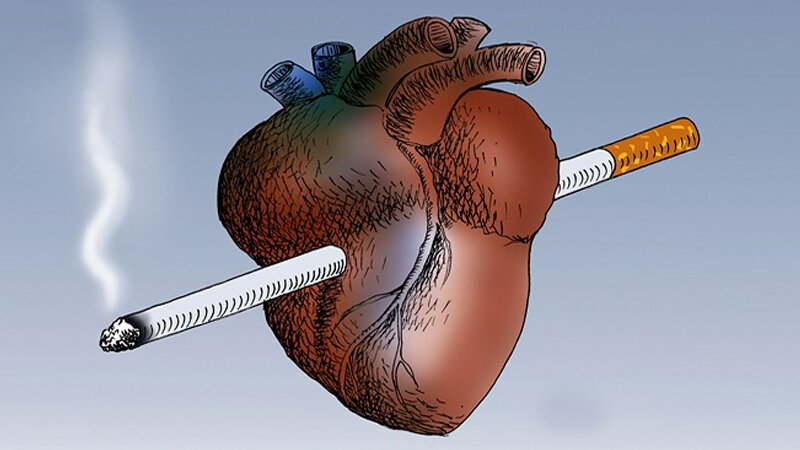
Title: Understanding Heart Muscle Weakness: A Guide to Symptoms, Causes, and Management
In an informative discussion, Dr. Maryam Kahandani, a specialist in medical physiology, has detailed the critical symptoms and management strategies for heart failure, a condition where the heart muscle gradually weakens and cannot pump enough blood to meet the body’s needs.
Recognizing the Symptoms
Dr. Kahandani outlines that the primary indicators of heart failure include early fatigue, dizziness, cold fingertips, cold and moist skin, general weakness, reduced urination, coughing, shortness of breath during activity and sleep, irregular heartbeat, loss of appetite, nausea, and swelling in the hands, feet, and abdomen, often accompanied by sudden weight gain.
Underlying Causes and Preventative Measures
The causes of this condition are identified as high blood pressure, cardiovascular disease, heart valve disorders, and the misuse of cigarettes, alcohol, and narcotics. While the disease is not entirely curable, its progression can be halted and a patient’s condition improved by addressing its root causes. Treatment is tailored to the individual and can involve lowering blood pressure, surgical intervention, clearing blocked heart arteries, correcting valve problems, and cessation of smoking and alcohol.
Daily Management and Lifestyle Adjustments
For patient improvement, Dr. Kahandani emphasizes strict adherence to prescribed medications and effective stress management. Patients are advised to monitor their weight daily, recording it each morning. A weight increase of 1.5 kilograms over two days or 2 kilograms within a week warrants immediate medical consultation.
Fluid intake should be limited to no more than eight glasses per day. To prevent fluid retention and swelling, salt consumption must be restricted. Patients are encouraged to incorporate fresh fruits and vegetables as snacks, consume small meal portions, and limit caffeinated beverages like coffee and black tea. Processed foods, canned goods, sauces, pickles, and fast food should be avoided. When using oil, small amounts of liquid corn, olive, or sesame oil are recommended.
Guidelines for Physical Activity
Those with heart failure must avoid strenuous and high-energy activities. It is crucial to alternate between periods of rest and activity. Consulting a doctor before starting any exercise regimen is essential. Patients should be vigilant for symptoms like dizziness, shortness of breath, palpitations, and excessive fatigue during activity.
Exercise should not begin immediately after eating; a two-hour rest period is advised. Activities should be avoided in hot weather. Permissible exercises include walking, swimming, cycling, and dancing. Tight clothing that restricts blood flow should be avoided. A suitable routine involves 30 minutes of activity, three to four times per week.
Smokers are warned that nicotine increases heart rate and blood pressure, worsening the disease’s symptoms. A gradual smoking cessation plan is strongly recommended. Those with excess weight should seek medical advice for a supervised weight loss program.